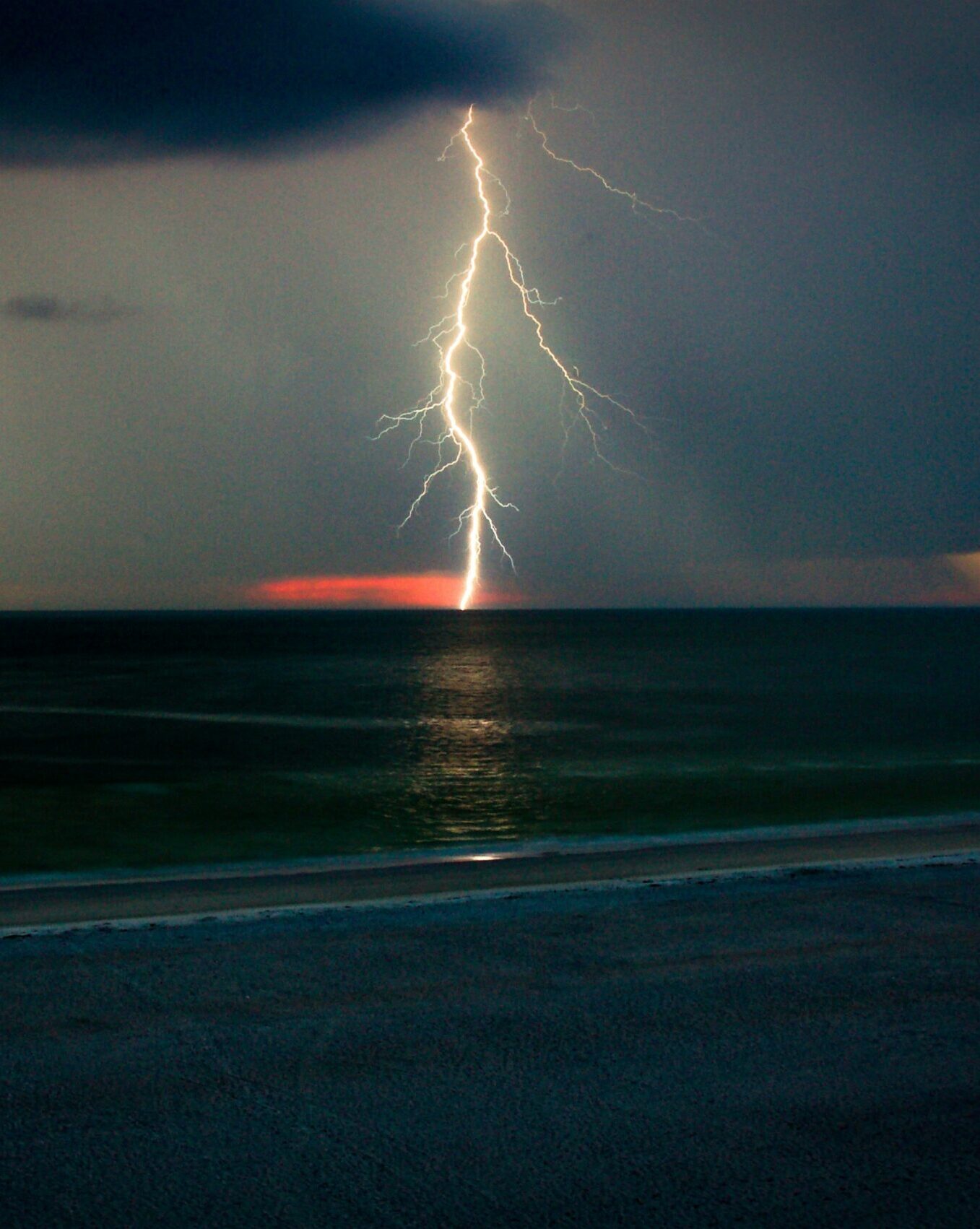By ADAM DALVA

Cihu Memorial Sculpture Park, Taiwan
One of my life’s regrets (non-romantic category) is skipping the Cihu Memorial Sculpture Park when I was in Taiwan. There’s no real excuse for it. I spent a week wandering Taipei—eating duck soup on a street corner with a local boy band, staring at a 730-ton earthquake damper one hundred stories in the air and feeling overwhelmed by the scale of human achievement, paying the mandatory visit to the Jade Cabbage—but all along, I was thinking about Cihu. I’d researched the park before my trip, but my host said that it was in a boring region, and that though he’d be willing to drive me there, he’d rather show me the art and night-life of his city. I was twenty, night-life susceptible. Though I knew that I would likely never go back to Taiwan, I gave in. Fourteen years on, I remember little of those nights except a jump-cut filled blur, but I’ve developed such a clear vision of Cihu that it borders on false memory.
Chiang Kai-Shek is buried there. He’s not a particular fascination of mine, though my grandmother was friendly with his wife. He remains a controversial figure in Taiwan. During his rule, 43,000 Chiang Kai-Shek statues were erected across the country, but after he died, many towns decided to have them removed. Cihu, my Cihu, offered to take them in. And so Cihu Memorial Park has about 150 large statues of Chiang Kai-Shek in every color you can imagine, red, and alabaster, and bronze. There is surprising variety too: story-teller Chiang; salesman Chiang; hat tipping Chiang; leaning on umbrella Chiang. Each Chiang was designed to stand alone, but is now positioned in tight round with his fellows, so that, according to my much-viewed internet sources, it seems like he is having dozens of conversations with himself.
I should make it clear that I don’t find any of this funny. Instead, I’m moved by Cihu’s layers of failure. Beyond the initial banishment of the art and the various sculptural mishaps, the burial site at Cihu is itself temporary, a rejection waiting to happen. Chiang had hoped that his body would return to China, where his usurper dwelled. More, Cihu was the secret site for Chiang’s plan to re-take the mainland, a martial scheme that must have seemed far-fetched to his closest advisors, even to Madame Chiang Kai-Shek, who enjoyed talking with my grandmother about dresses. Of course, I hadn’t thought this through when I first heard of Cihu. I only experienced it as a magnet, one that wasn’t quite powerful enough to pull me out of myself.
I realize only now what was drawing me southward. The Memorial Park is inadvertently as close as anyone has come to a representation of the human mind. In my experience, the unconscious slowly accumulates a populace of past selves, inevitably the detritus of failure—rejected personas from relationships, career decisions, familial strife; an assortment of oracles behind our eyes who warn us to take a different tack next time. Our successes never people our memorial site. They remain in circulation, trying to avoid that graveyard of exile. But no sculpture of the self can remain free forever. Inevitably: another entry carted into the crowded park of the soul.
So, that’s Cihu. And maybe if I had gone, I would have realized that sooner. Maybe all the years since would have been different.
Adam Dalva’s writing has appeared in The New York Review of Books, The Paris Review, Tin House, and The Guardian. His graphic novel, OLIVIA TWIST, was published by Dark Horse in 2019. Adam teaches Creative Writing at Rutgers University and Marymount Manhattan College. He is a book critic for Guernica Magazine and serves on the board of the National Book Critics Circle. Adam is a graduate of NYU’s Fiction MFA Program, where he was a Veterans Writing Workshop Fellow.
Photo by Wei-Te Wong.




